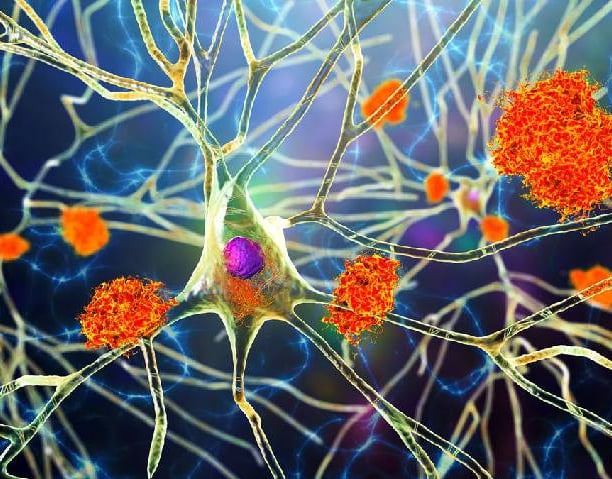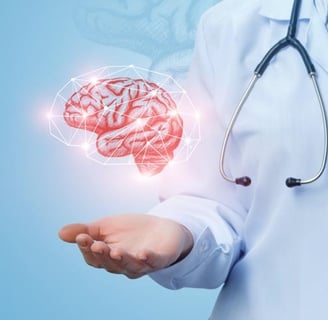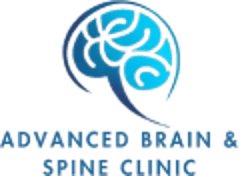



Alzheimer's Disease Services
Comprehensive Alzheimer's Disease Services by Dr. Chetna Patil
In the journey of Alzheimer’s disease, Dr. Chetna Patil offers compassionate and comprehensive services to support patients and their families. Alzheimer’s, a progressive neurological disorder, demands specialized care and attention. Dr. Chetna Patil understands this and provides a range of services tailored to meet the unique needs of individuals affected by Alzheimer’s.
Our services encompass diagnostic evaluations, personalized treatment plans, and ongoing support. Through thorough assessments, we aim to accurately diagnose Alzheimer’s disease, enabling timely interventions. Our team employs the latest advancements in medical science coupled with empathetic care to enhance the quality of life for patients.
Dr. Chetna Patil emphasizes a holistic approach to Alzheimer’s care. We offer counseling and educational resources to empower families with knowledge and coping strategies. Our support extends beyond medical consultations to include practical guidance on daily living, communication techniques, and emotional support.
Key Services Offered:
Diagnostic Evaluations: Early and accurate diagnosis is crucial for effective management.
Personalized Treatment Plans: Tailored strategies to address individual symptoms and needs.
Caregiver Support: Guidance and resources for families navigating the challenges of caregiving.
Education and Counseling: Empowering families with information and emotional support.
Community Resources: Access to support groups, respite care, and other community services.
Dr. Chetna Patil is committed to optimizing the well-being of patients and their caregivers at every stage of the Alzheimer’s journey. Our collaborative approach fosters a supportive environment where individuals feel understood, valued, and empowered.
For trusted Alzheimer’s disease services in your community, contact Dr. Chetna Patil today.
Alzheimer's disease is the most common type of dementia. It is a progressive disease beginning with mild memory loss and possibly leading to loss of the ability to carry on a conversation and respond to the environment. Alzheimer's disease involves parts of the brain that control thought, memory, and language.
Scientists are conducting studies to learn more about plaques, tangles, and other biological features of Alzheimer’s. Advances in brain imaging techniques enable researchers to see the development and spread of abnormal amyloid and tau proteins in the living brain, as well as changes in brain structure and function. Scientists are also exploring the very earliest steps in the disease process by studying changes in the brain and body fluids that can be detected years before Alzheimer’s symptoms appear. Findings from these studies will help improve our understanding of the causes of Alzheimer’s and make diagnosis easier.
One of the great mysteries of Alzheimer’s is why it largely affects older adults. Research on normal brain aging is exploring this question. For example, scientists are learning how age-related changes in the brain may harm neurons and affect other types of brain cells to contribute to Alzheimer’s damage. These age-related changes include atrophy (shrinking) of certain parts of the brain, inflammation, blood vessel damage, production of unstable molecules called free radicals, and mitochondrial dysfunction (a breakdown of energy production within a cell).
